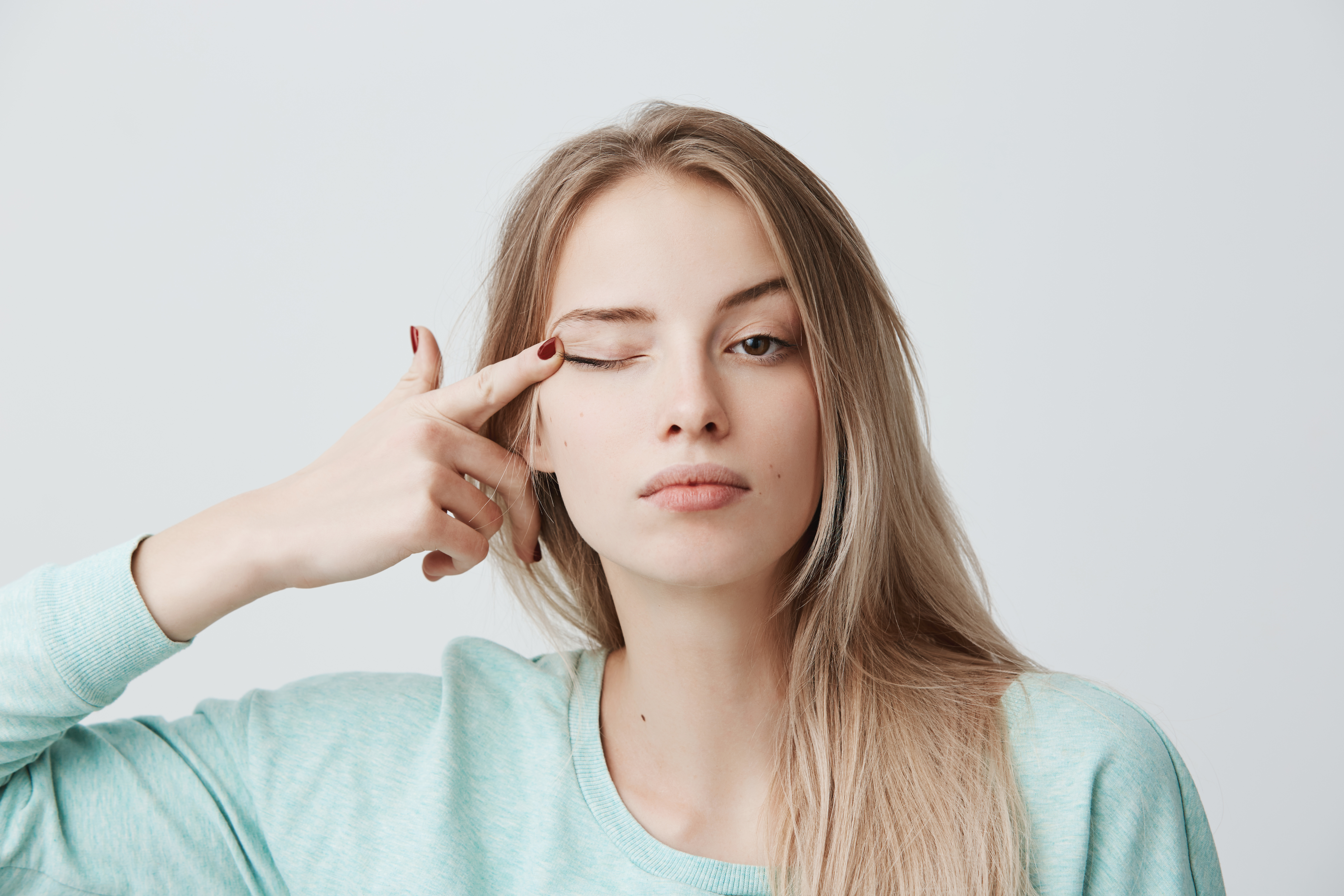Eyelid Disorders You Shouldn't Ignore: When to See an Oculoplasty Specialist
Published on: 2025-04-12
Your eyes are not just the window to the world; they’re also a reflection of your health. While most people pay attention to vision-related problems, eyelid health is often overlooked. However, eyelid disorders can affect not only your appearance but also your comfort, vision, and overall eye function.
In this article, we’ll help you understand common eyelid disorders, their signs and symptoms, and most importantly, when to see an oculoplastic specialist for proper evaluation and eyelid disorders.
Why are healthy eyelids so important?
• Keep the eyes moist by spreading tears evenly across the surface
• Protect against dust, debris, and injury
• Blocks out light when closed for sleep
• Support facial expressions and overall appearance
When the eyelids are affected by disease, trauma, or age-related changes, it can lead to discomfort, impaired vision, and cosmetic concerns. That’s where oculoplasty specialists come in.
What is Oculoplasty?
Oculoplasty, also known as oculoplastic surgery, is a specialized field of ophthalmology that focuses on the diagnosis and treatment of conditions related to the eyelids, tear ducts, eye

socket, and surrounding facial structures. An oculoplasty specialist is an ophthalmologist who has undergone additional training in this delicate area.
Common eyelid disorders that need attention
Here are some of the most common eyelid issues that require timely evaluation and treatment:
1. Ptosis (Droopy Eyelids)
Ptosis refers to the drooping of the upper eyelid. It can be mild or severe, sometimes blocking part or all of the pupil and interfering with vision. Causes include aging, muscle weakness, nerve damage, or trauma. If you notice one or both eyelids drooping, especially if it affects your sight, you should seek evaluation.
Treatment: Ptosis is often treated with corrective eyelid surgery to lift the lid and restore proper function and appearance.
2. Blepharitis (Eyelid inflammation)
Blepharitis causes redness, irritation, and flaky skin along the eyelid margins. It is often associated with oil gland dysfunction or bacterial infections and can become a chronic condition if not managed properly.
Treatment: Includes warm compresses, eyelid hygiene, medicated drops or ointments, and in some cases, prescription medications.
3. Entropion and ectropion (Eyelid malposition)
• Entropion: The eyelid turns inward, causing lashes to rub against the eye, leading to irritation or corneal damage.
• Ectropion: The eyelid turns outward, exposing the inner eyelid and causing dryness, redness, and tearing.
Treatment: These conditions typically require minor surgical procedures to reposition the eyelid correctly and protect the eye.
4. Styes and Chalazions
These are common eyelid lumps caused by blocked or infected oil glands.
• A stye is usually painful and red, resembling a pimple.
• A chalazion is typically painless but can grow and affect appearance or vision.
Treatment: Warm compresses, antibiotics if infected, and minor in-office procedures for drainage if persistent.
5. Eyelid Tumors or Growths
Any unusual lump, bump, or discoloration on the eyelid should be checked by a specialist. While many are benign, some may be cancerous. Early diagnosis allows for safe removal and better outcomes.
Treatment: Depends on the type and nature of the growth—may involve biopsy, excision, and reconstructive surgery.
When should you see an Oculoplasty specialist?
You should consider visiting an oculoplasty specialist if you experience any of the following:
• Drooping or heavy eyelids affecting your vision
• Constant tearing or dryness
• Recurrent eyelid infections or styes
• Eyelid twitching or spasms that persist
• Visible lumps, swelling, or skin changes on the eyelids
• Difficulty closing your eyes completely
• Cosmetic concerns due to aging or trauma
An oculoplasty expert will conduct a thorough evaluation and recommend a personalized eyelid disorder treatment plan, whether surgical or non-surgical.
Don’t ignore eyelid issues get expert care today
While some eyelid conditions may seem minor at first, they can worsen over time and lead to complications. Seeking timely care is essential to preserve your vision and eye health.
If you are experiencing any of the symptoms mentioned above or are unsure whether your condition needs attention, we’re here to help. Contact Malabar Maxvision today to schedule a consultation with one of our experienced oculoplastic specialists. Our expert team is committed to providing personalized, high-quality care for all your eyelid and eye health needs.